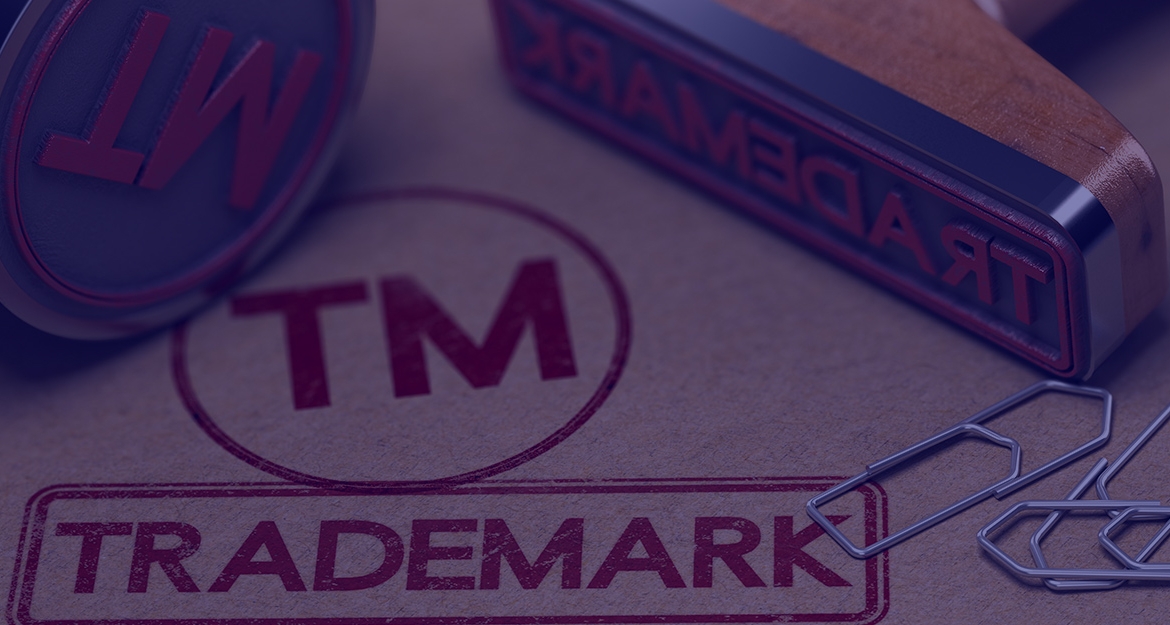Author: Osemen Abiola Ibadin
INTRODUCTION
A trademark under intellectual property law may be termed as any word, device, label, symbol, logo, letter, number, phrase, sign, signature, writing, heading, design, emblem, name or a combination of any thereof used for the sole purpose of identifying, recognizing, distinguishing the origin or seller of goods or services from other goods of similar type or product. The aim of this article is to briefly identify the essence of trademark and how prospective proprietors can exploit and operate within their exclusive right under the Nigerian Trade Marks Act.
REGISTRATION OF TRADEMARK AND THE DOCUMENTS REQUIRED
The authority responsible for trademark application in Nigeria is the Trademarks, Patents and Designs Registry under the Commercial Department of the Ministry of Trade and Investment. It is very important to register a trademark. However, such registration is at the discretion of the owner as there is no legal mandate for the registration of a trademark. Though, without a proper registration, a person may still use any mark adopted to identify the source of the goods or services.
For registration, an application is usually made to the Registrar of Trademarks at the Registry in Abuja. This can be done at any time either before or after the genuine use of the mark. It is however advisable to commence the registration process alongside the incorporation of the organization with the Corporate Affairs Commission. This is to prevent unnecessary difficulties, which can arise when it is discovered that the proposed name has been registered before either with the Registry or Commission. This will also aid in preventing an infringement on another party’s trademark. In addition to the above, the following documents will however be required for trademark registration. These includes:
- Particulars of the Applicant such as name, address, nationality and passport photograph.
- The signature of the Applicant for registration or some predecessor in his business.
- Information of the proposed trademark such as the name, logo, colour and so on.
- Sample print of the proposed trademark.
- The type of product to be protected and the class applied.
- A Power of Attorney, which authorizes the accredited agent acting on behalf of the Applicant.
A trademark can be owned forever because it has an indefinite duration. In Nigeria, this means that upon registration protection and ownership is vested for 7 years with a continuous option for renewal for every 14 years for an unlimited period.
ESSENCE OF TRADEMARK REGISRTATION IN NIGERIA
In Nigeria, trademark is governed by the Nigerian Trademarks Act (TMA), Cap T13, Laws of the Federation of Nigeria, 2004. Section 67 thereof states that a trademark is:-
“a mark used or proposed to be used in relation to goods for the purpose of indicating, or so as to indicate, a connection in the course of trade between the goods and some person having the right either as proprietor or as registered user to use the mark, whether with or without any indication of the identity of that person”.
Trademark is a sui generis marketing that confers exclusive commercial right on the proprietor. In Ferodo Limited & Anor v. Ibeto Industries Limited, the Supreme Court per Musdapher, J.S.C held;
“The essence of a trade mark is that it indicates a connection in the course of trade between the goods and some person having the right to use the same. A mark, in this connection includes a device, brand, heading, label, ticket, name, signature, word, letter, numeral or any combination thereof. “
Furthermore, in Procter & Gamble Co. v. G.S. & D. Ind. Ltd the Court of Appeal per Ogunwumiju, JCA, held that:
“The essence of trademark is that it indicates a connection in the course of trade between the goods and some person having the right to use the name. A trade mark can also be defined as a distinctive picture which would indicate to a purchaser of an article bearing it, the means of getting the same article in future by getting an article with the same mark on it.”
What this means in essence is that the proprietor can use, operate, exploit and market the trademark according to his wish as it vests exclusive right to the ownership and use of the trademark on the proprietor. For example, the evidence of trademark registration, which is the Certificate, can be used to claim a domain name used by cyber-squatters such that same is transferred to a proprietor being the owner of the trademark. This exclusive right must not and cannot be infringed by a third party and in the unlikely event the proprietor has a legal right to bring an action against a party for infringement. Thus, the sole aim is to protect and identify an organization’s brand from any form of third party infringement.
CONCLUSION
To conclude, trademarks prevent others from using the registered mark of another and the registration if valid gives to the person exclusive right to use the trademark in relation to the goods or service covered by the registration as evidence of title to the trademark. A trademark only confers on the person whose mark it is, a right to say, “Do not imitate my work in connection with goods like mine, so that yours may be mistaken for mine”. There is no exclusive right to the mark, except in connection with goods to prevent deception or mistake. Still less does a trademark confer any exclusive right to make or sell the kind of goods devoted by the mark? Unless a person has a patent for his goods, similar goods may be made and sold by anyone.
